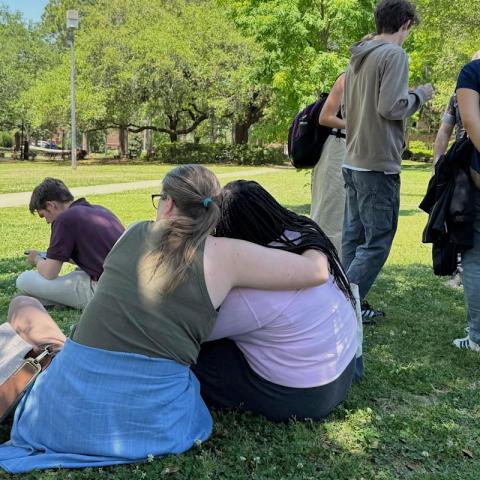Spain’s Prime Minister, Pedro Sánchez, recently unveiled a 10-point plan aimed at tackling the country’s climate crisis. He emphasized the urgent need for action, stating, “If we don’t want to leave our children a Spain ravaged by fires and floods, we need to act now to create a greener future.”
This past August, wildfires fueled by intense heat claimed four lives and scorched an area six times larger than Ibiza. Sánchez described this as a pivotal moment that revealed the country’s vulnerability. “If we continue to wait, the consequences will be dire—both for lives and our economy,” he cautioned. In the last five years alone, climate-related emergencies have caused over 20,000 deaths and incurred costs of around €32 billion (approximately £28 billion).
He called out climate change denial, highlighting that misinformation propagated on social media poses a significant risk. “We must recognize climate change as a common enemy that transcends political divisions,” he said.
In his plan, Sánchez proposed several initiatives. These include establishing a state civil protection agency for crisis management, creating climate refuges nationwide, and rethinking forest and land management practices. The aim is to mitigate the risks of future disasters and lessen their impacts. “The best time to prepare is when everything seems calm,” he noted, referencing a quote from a U.S. president about fixing roofs during sunny days instead of waiting for storms.
Sánchez also pointed to the role of agriculture in fighting climate change. He stressed the importance of sustainable farming practices and efficient water usage. Other elements of the plan involve setting up funds for disaster recovery, improving firefighting resources, and enhancing water resilience to deal with both floods and droughts.
Interestingly, the rise of “sixth-generation fires,” which have devastated over 300,000 hectares in Spain, prompts questions about preparedness and prevention. These fires don’t just need to be addressed in summer; they must be tackled throughout the year.
As public interest in climate issues continues to grow, recent surveys reveal that around 70% of Spaniards now view climate change as an urgent threat. Social media platforms buzz with discussions, showing a shift in public sentiment. People are increasingly advocating for action and holding their leaders accountable.
This comprehensive plan will undergo cabinet approval and public consultation soon. It reflects a collective recognition that immediate steps are essential for a sustainable future.
For more on Spain’s climate challenges and responses, check this Guardian article.





















